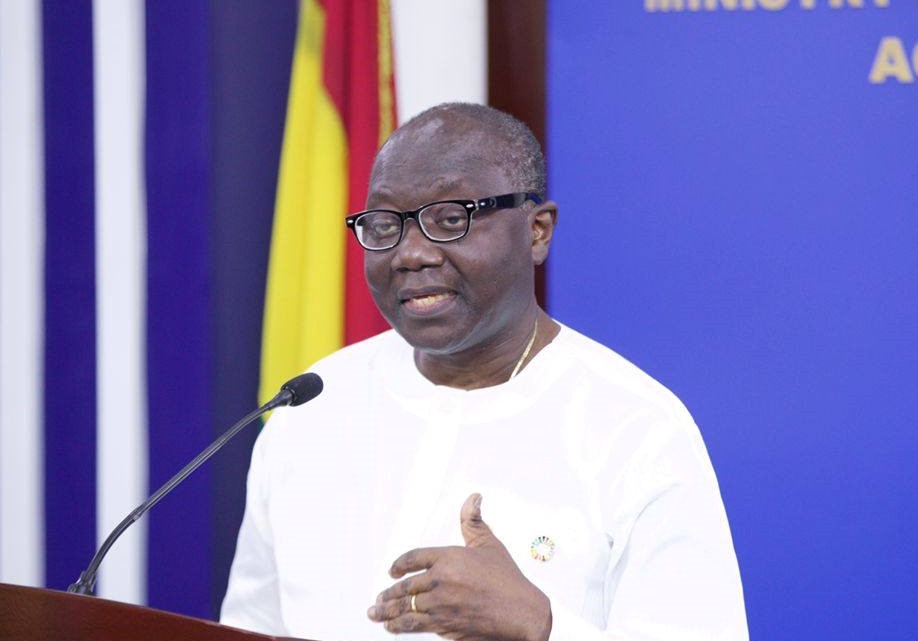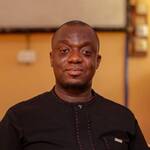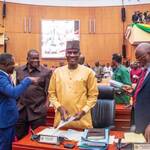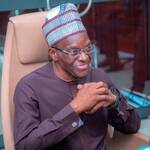Speaker of Parliament has deferred the motion of a vote of censure against Mr Ken Ofori-Atta, Minister of Finance to an Ad-hoc Committee for investigations.
The Committee is expected to be co-chaired by Mr Dominic Ayine, a National Democratic Congress Member of Parliament (MP), for Bolgatanga East, and Mr KT Hammond, a New Patriotic Party member and MP for Adansi-Asokwa.
The eight-member committee, which has four members from each side of the House, has seven days to present their report to the House for debate.
Mr Samuel Okudzeto Ablakwa, MP, North Tongu; Dr Zanetor Agyeman-Rawlings, MP, Klottey-Korle; Mr Bernard Ahiafor, MP, Akatsi South; Mr Patrick Yaw Boamah, MP, Okaikoi Central; Mr Kwame Anyimadu Antwi, MP, Asante Akim Central and Mr Egyapa Mercer, MP, Sekondi are members of the committee.
According to Mr Bagbin, the setting up of the committee would provide an opportunity for the finance minister to respond to issues of conflict of interest raised by Mr Iddrisu.
He said: “The evidence will be placed before the committee. The Minister will have the opportunity to defend himself. A report will be presented to the House, and we will debate that report.”
Mr Haruna Iddrisu, Minority Leader of Parliament moved a motion on the floor of Parliament calling for a vote of censure against Mr Ofori-Atta, accusing him of mismanaging the economy.
Mr Iddrisu said the motion was by Article 82 of the 1992 Constitution and cited seven grounds for it.
In his ruling, Mr Bagbin said: “The finance minister will be given ample opportunity to defend himself.”
He explained that setting up a committee would provide an opportunity for the Finance Minister to respond to issues of conflict of interest raised by Mr Iddrisu.
“The evidence will be placed before the committee. The Minister will have the opportunity to defend himself. A report will be presented to the House, and we will debate that report,” he said.
Mr Bagbin as part of his ruling also dismissed a preliminary objection raised by Mr Alexander Afenyo-Markin, Deputy Majority Leader to the Minority Caucus’ motion.
Conflict of interest ensuring that Mr Ofori-Atta directly benefited from Ghana’s economic woes as his company received commissions and other unethical contractual advantages, particularly from Ghana’s debt overhang is among the basis upon which the Minority cited its vote of censure.
They also cited unconstitutional withdrawals from the Consolidated Fund in blatant contravention of Article 178 of the 1992 Constitution, supposedly for the construction of the President’s Cathedral.
According to the Caucus, illegal payment of oil revenues into offshore accounts, in flagrant violation of Article 176 of the 1992 Constitution was another ground for the censure.
They also allege deliberate and dishonest misreporting of economic data to Parliament.
The Minority argue that fiscal recklessness led to the crash of the Ghana Cedi.
The grounds for the censure also said alarming incompetence and frightening ineptitude resulted in the collapse of the Ghanaian economy and an excruciating cost of living crisis.
- Motorcycles killed 931 out of 2,276 road crash deaths in 2023 - 19 April 2024
- Friday April 19 2024 Newspaper Headlines - 19 April 2024
- Thursday April 18 2024 Newspaper Headlines - 18 April 2024




